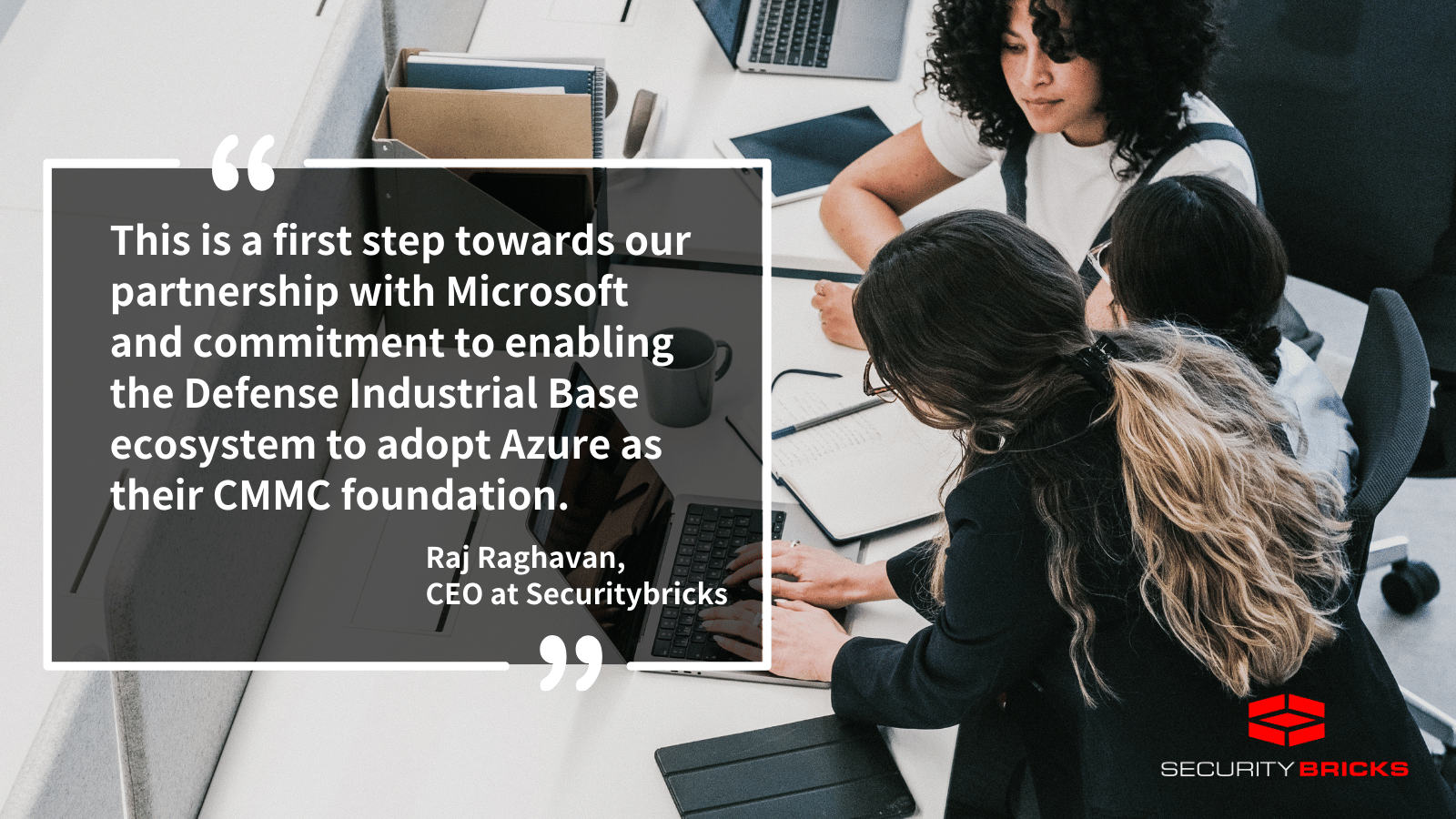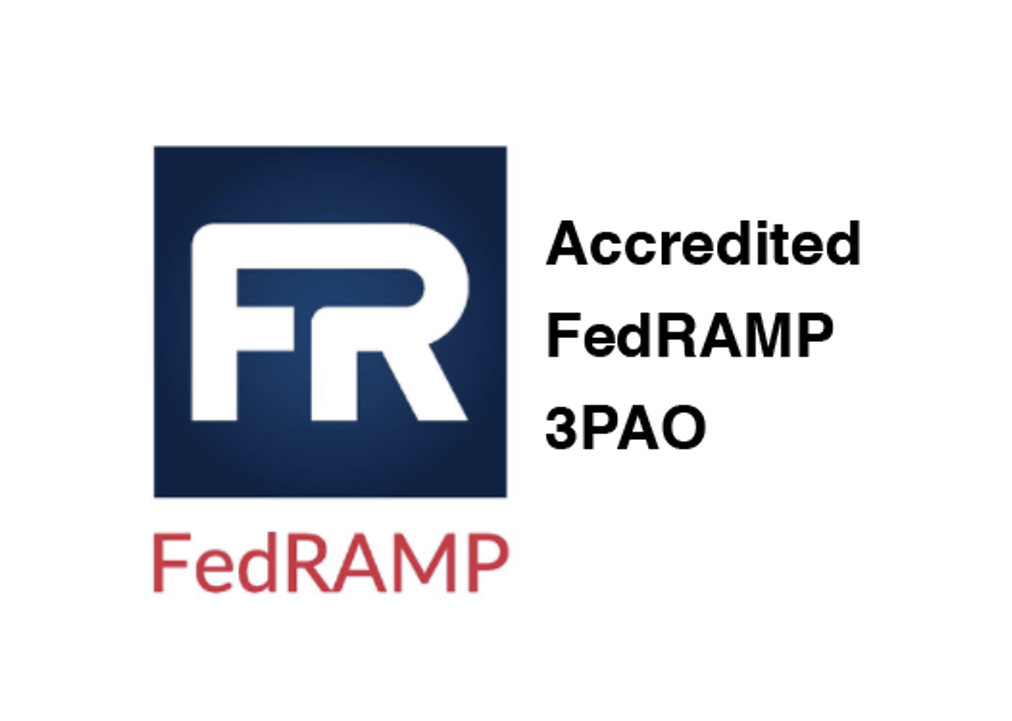Securitybricks Launches CMMC Accelerator on Azure Marketplace
Securitybricks launched its CMMC Accelerator, designed to automate CMMC compliance and streamline security for Azure-based DoD contractors.
BELLEVUE, WASHINGTON, UNITED STATES, July 22, 2024 — Securitybricks, Inc. is excited to announce the launch of its comprehensive CMMC accelerator on the Azure Marketplace. This offering is designed to assist organizations, including DoD contractors, MSPs, and MSSPs, in achieving and maintaining CMMC certification for their Azure workload.
Securitybricks’ CMMC accelerator: Securitybricks’ Azure solutions include several key components to streamline the CMMC certification process:
– CMMC Blueprint: Mapping tool to align security tools within Azure/M365 to meet CMMC requirements.
– CMMC Workbook: Azure Sentinel-based workbook to validate the implementation of CMMC controls in Azure workloads.
– CMMC Cloud Policy: Prescriptive guidelines for the implementation of CMMC controls.
By leveraging Microsoft commercial, GCC, and GCC High native services, Securitybricks ensures that all CMMC controls are implemented correctly and meet CMMC audit requirements. This solution extends the body of evidence and supports inherited and shared control artifacts for C3PAO assessments. Features of Securitybricks’ CMMC Compliance Accelerator:
– Validation of Configuration: Ensures that configurations meet CMMC requirements in commercial, GCC, and GCC High environments.
– Extending the Body of Evidence: Augments Microsoft’s current body of evidence with additional documentation and responsibility matrices.
– Inherited Controls and Shared Control Artifacts: Facilitates meeting C3PAO assessment requirements through comprehensive documentation.
– Audit-Ready Content: Provides audit-ready content for System Security Plans (SSP), Plans of Action and Milestones (POA&M), boundary definitions, and related external service providers for a C3PAO Level 2 assessment.
“Our compliance automation solution aims to simplify and accelerate the CMMC certification process, helping organizations navigate the complexities of compliance with confidence,” said Raj Raghavan, CEO at Securitybricks. “This is a first step towards our partnership with Microsoft and commitment to enabling the Defense Industrial Base ecosystem to adopt Azure as their CMMC foundation.”
This accelerator can be downloaded on the Azure Marketplace.
About Securitybricks, Inc.
Securitybricks, Inc. is a cybersecurity consulting firm focused on cloud security and compliance. Based in the U.S., its team members are all U.S. Citizens, including military veterans, with over 15+ years of experience in implementing cybersecurity and regulatory compliance controls. https://securitybricks.io/
Karina Vildman
Securitybricks, Inc.
info@securitybricks.io
Visit us on social media:
LinkedIn







